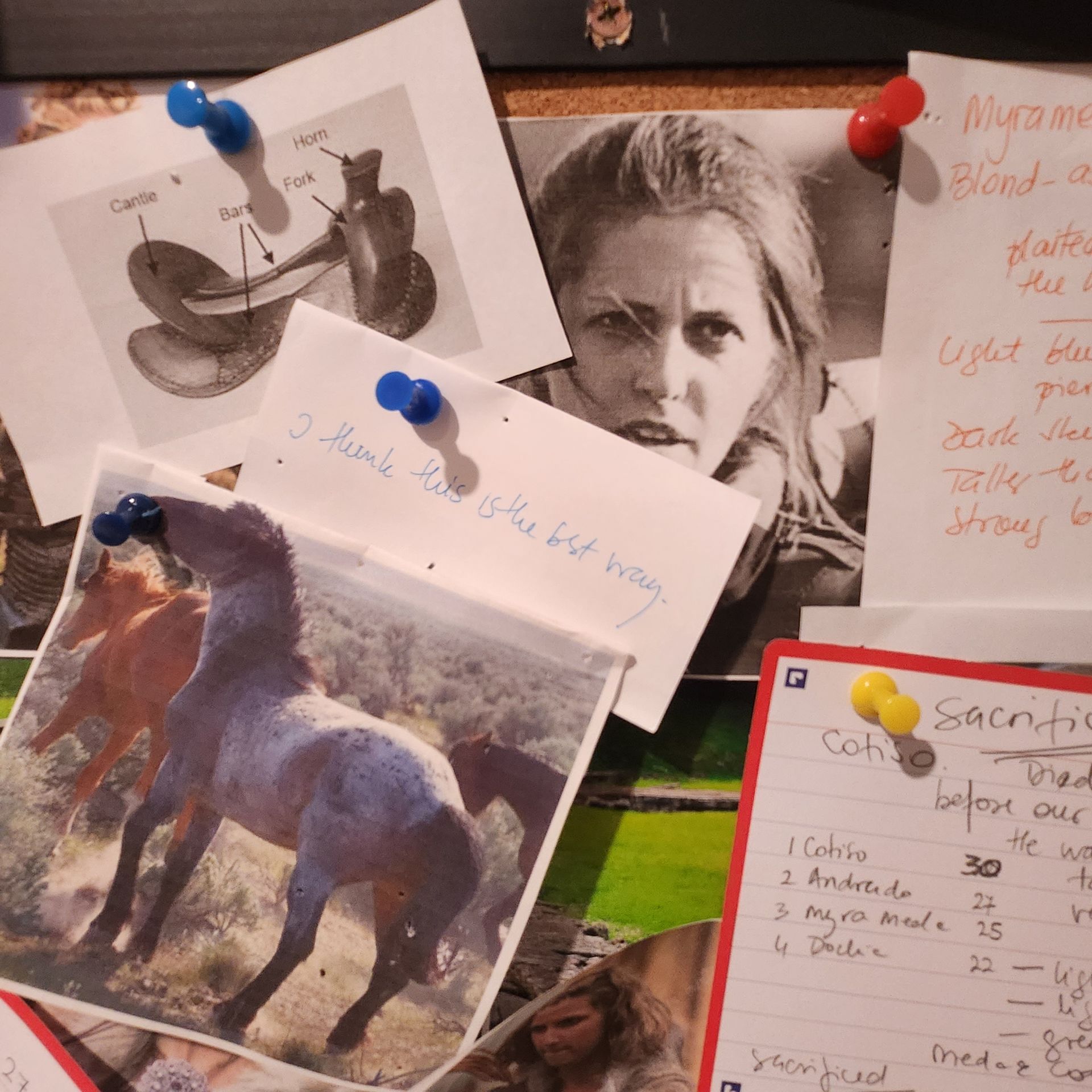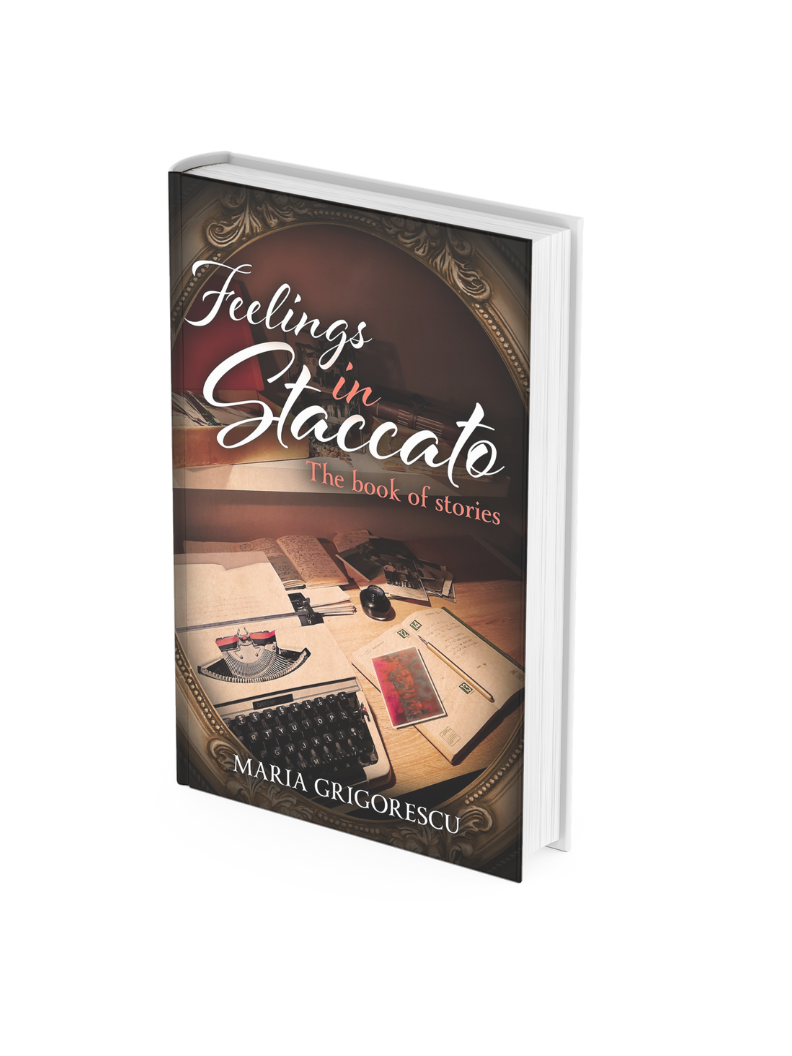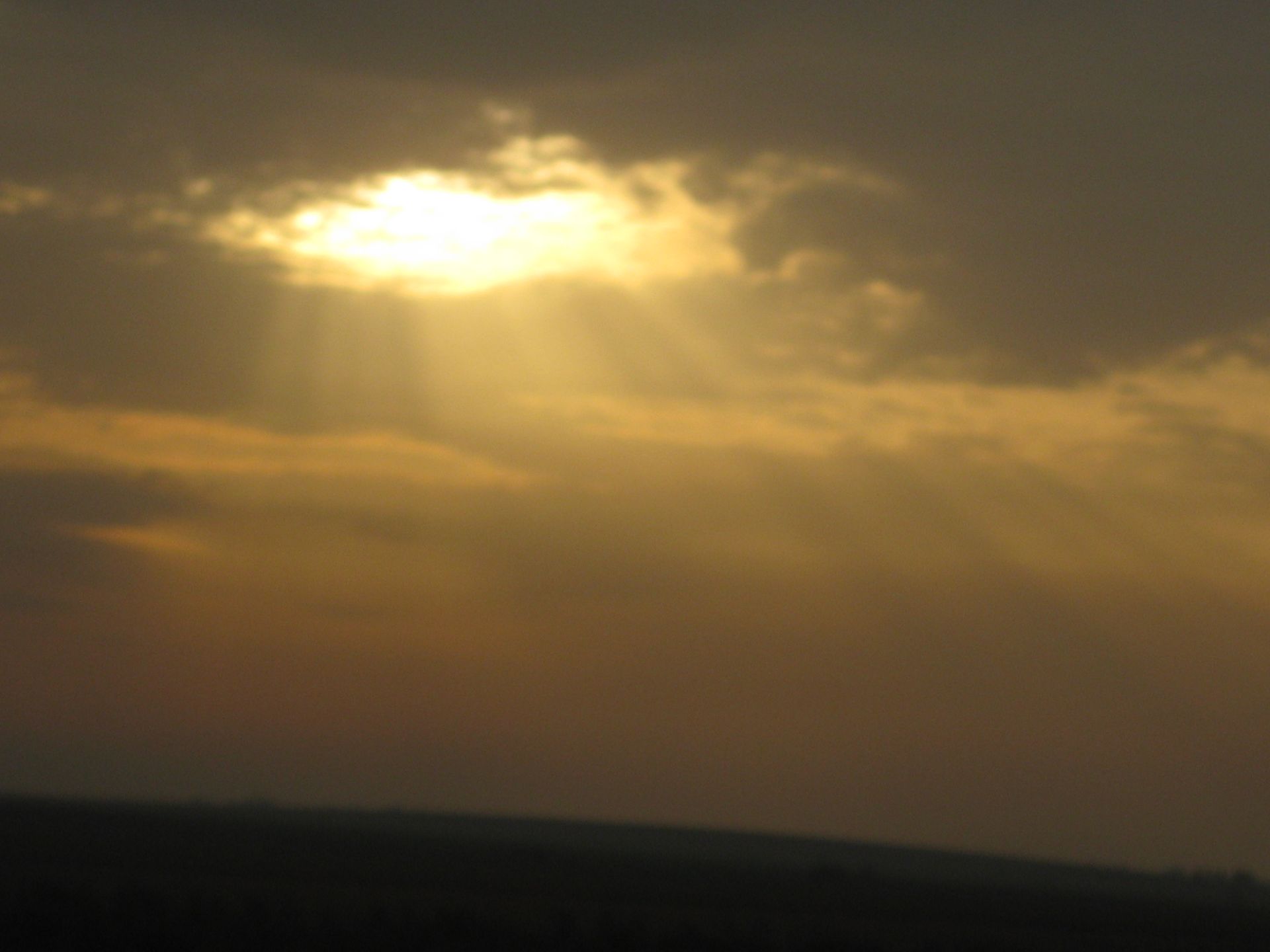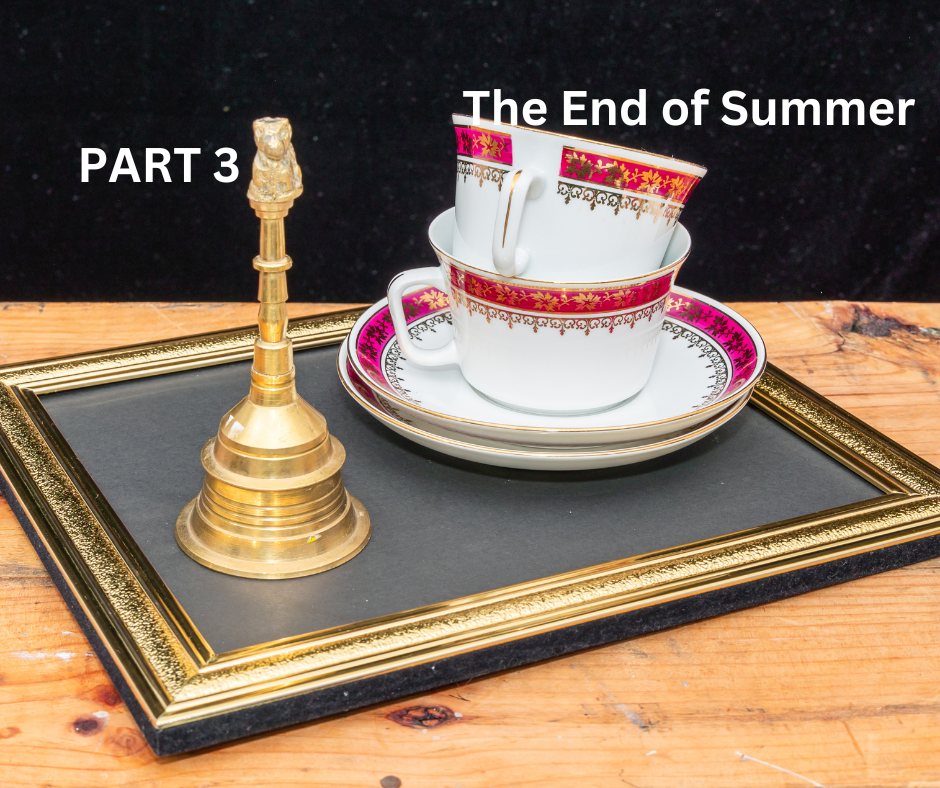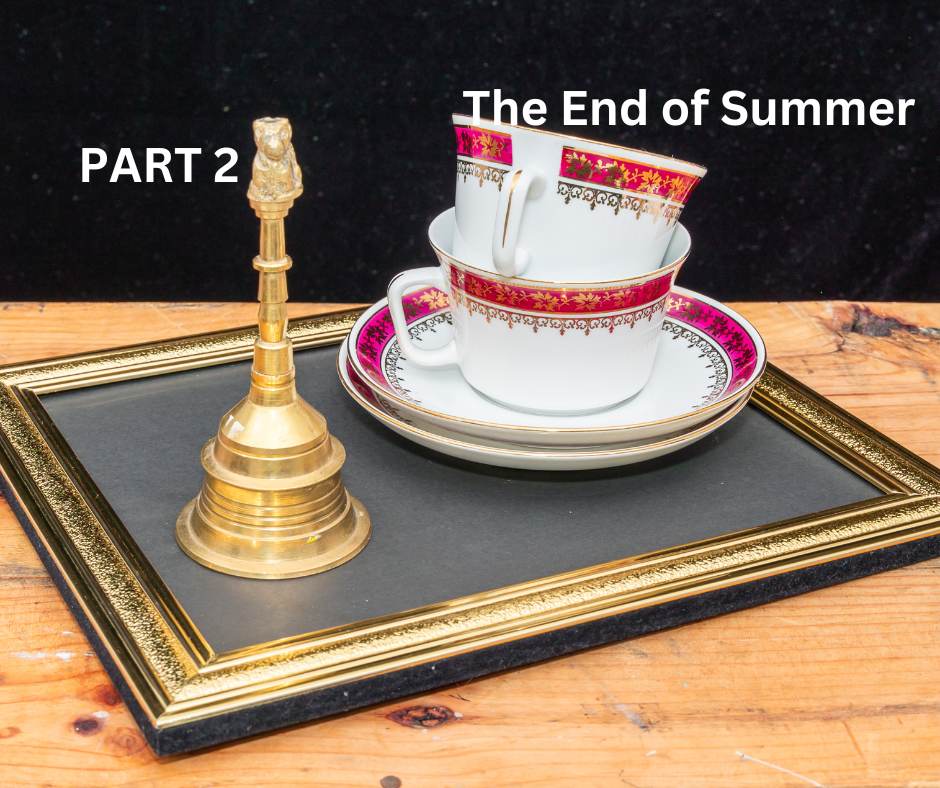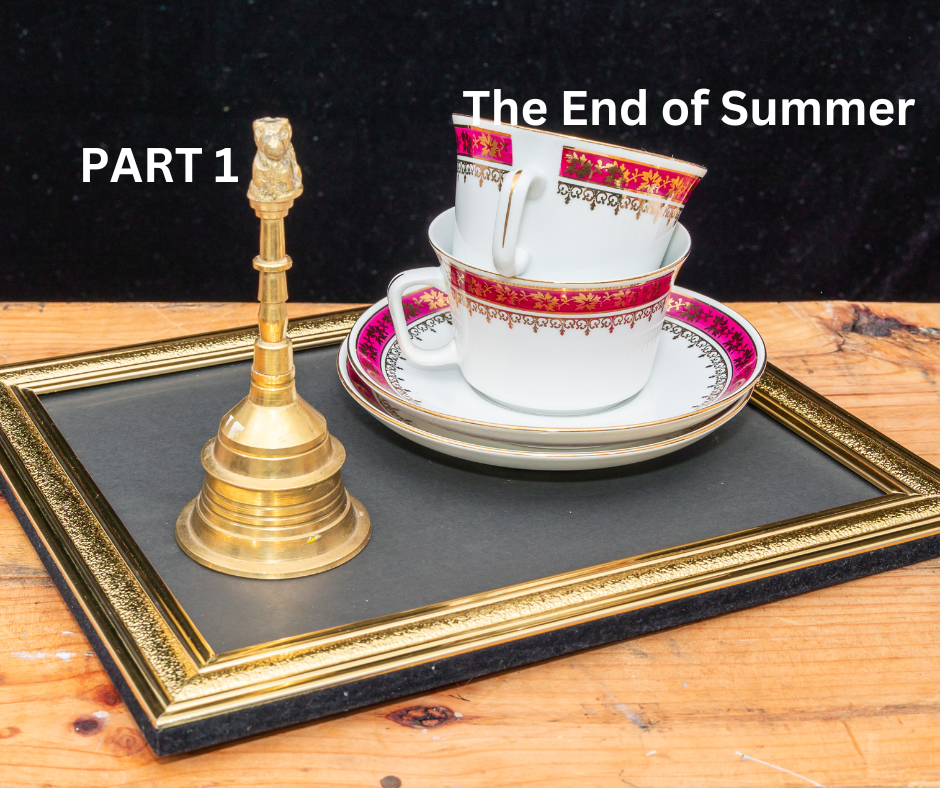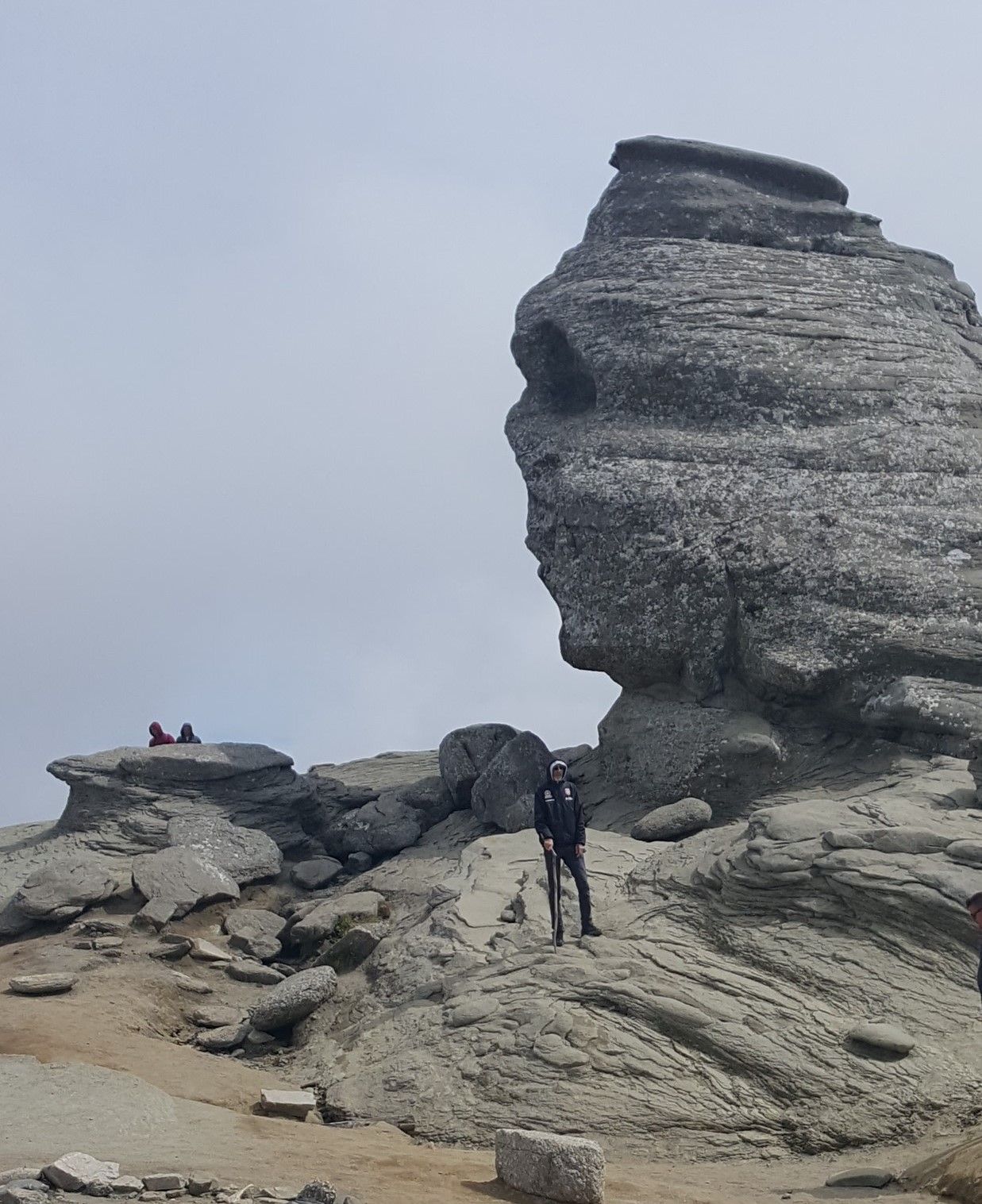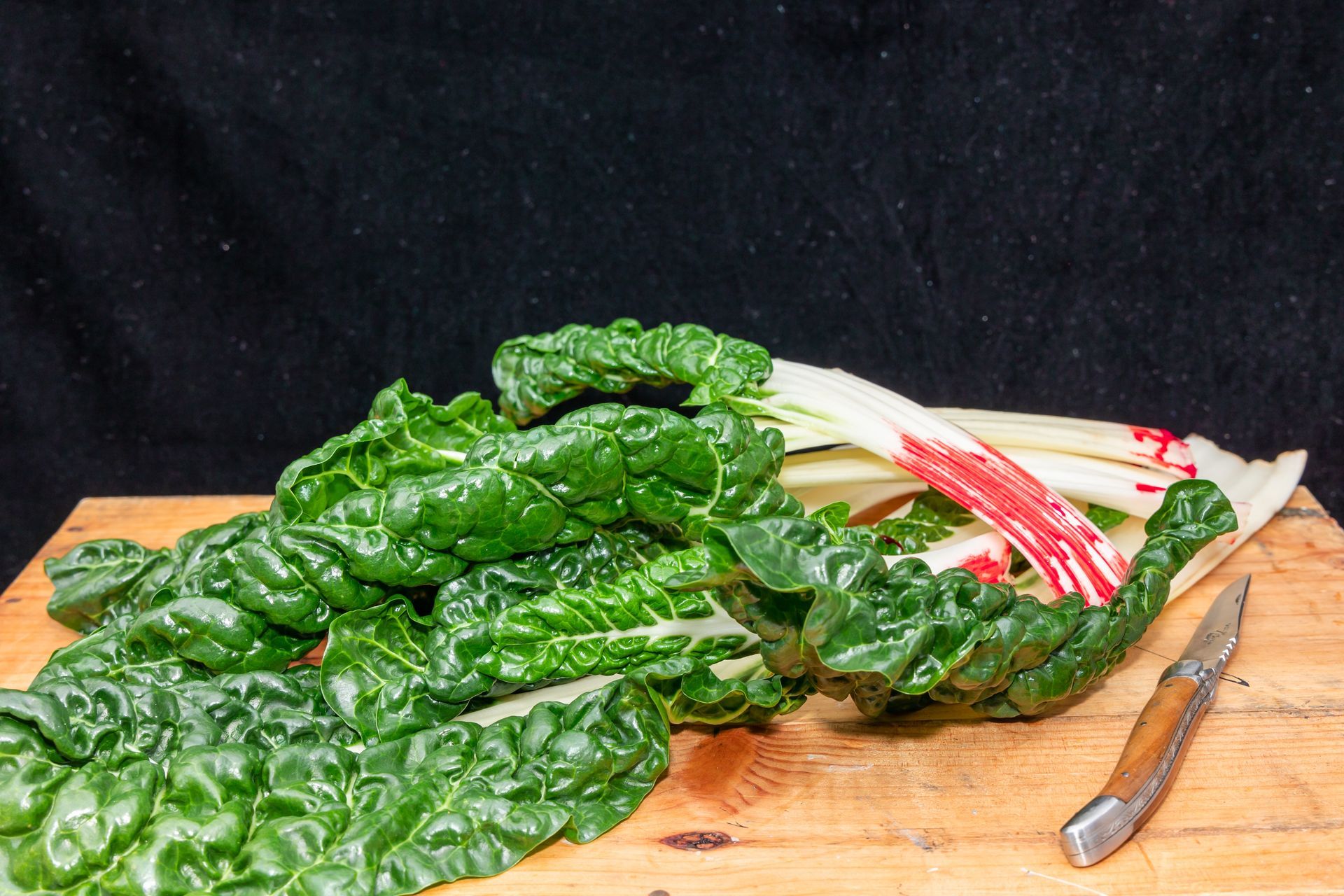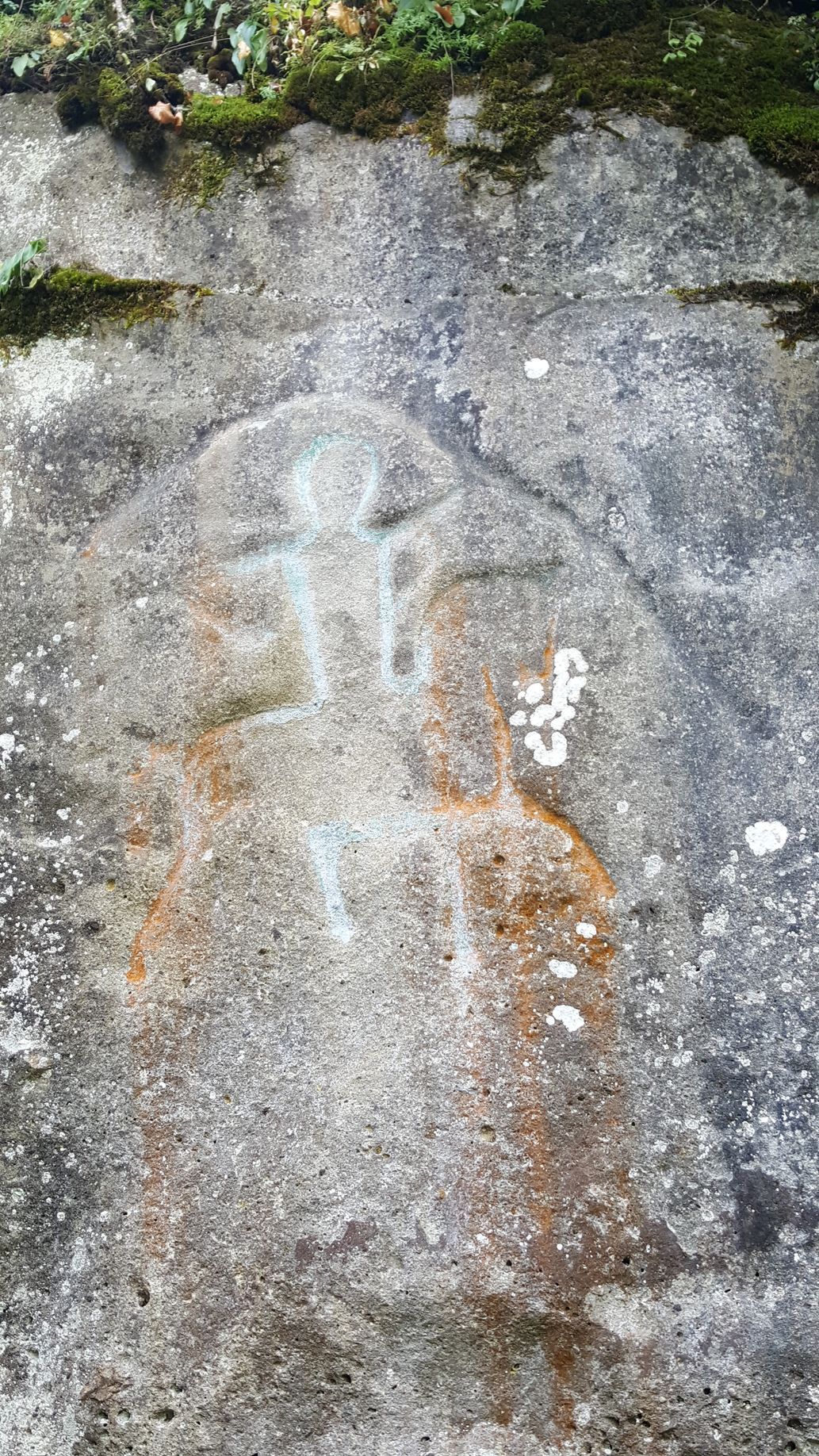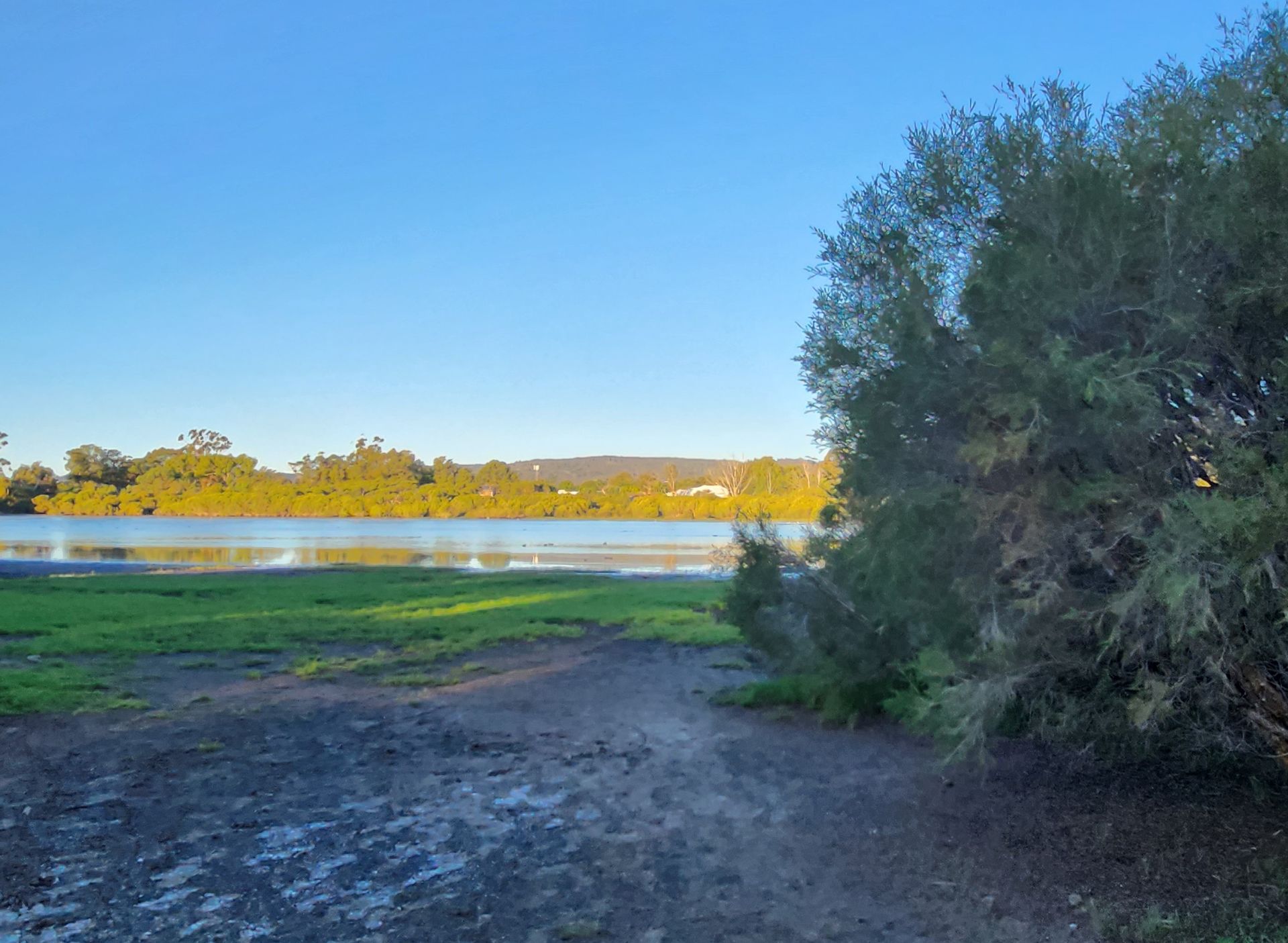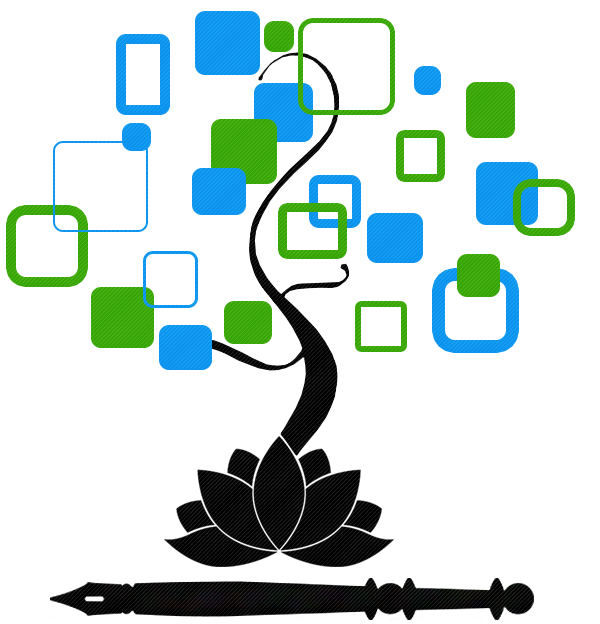Lessons that taught me about Empathy — 3 of them — and then they were 3!
This is a subtitle for your new post
… and so I am back with the third lesson that led me to empathy
My volunteering at a soup kitchen is no 3
I should start with the beginning about 19 years ago. One evening returning home, I was attacked by a hobo in the hall of the building block where I used to live. He walked up to me as I entered the elevator and his first fist punched me straight into my face. I heard my front teeth crack while his fist punched again. Hot blood came out of my mouth and nose, and he tried to steal my bag. My bag in which I had my work laptop. I did not let go of it. He dragged me out of the elevator and he hit me until I was out of breath and I fell to the ground. He kicked me. I could see his boot faster and faster coming at me.
I curled up into a ball, holding the bag and covering my face.
Between my shattered teeth, and coughing blood, I cried for help, more like a horrified howl, from deep inside my throat — this is what I remember most. My animalic howl.
Nobody came.
I begged him to stop, and I gave him all the money in my wallet. He took the money and ran.
And this is the short version of the ‘incident’. Regardless of how cathartic this might feel writing about it, I prefer not to go into more detail. The trauma of it all marked me more than I ever wanted to admit.
It took me half a year to heal physically and almost a year to be able to get out of the house. I was afraid of the dark, crowds, and people. I forced myself to pretend I was alive for the sake of my children.
I had to move on with my life.
Eventually, the fear of crowds was gone, as was the fear of darkness, and I required long and costly medical treatments. But that was not all.
The worst part was that I felt stripped of who I was.
I lost something else that night. My essence as a human being was violated and taken away, by another being, one of my peers. I howled like an animal for help because somebody who belonged to the same race as me harmed me and my sanity so badly. I begged for mercy as I was reduced to something insignificant. I lost faith and trust.
They never caught him.
I never had that closure.
The incident changed me, and I always held up a wall of abruptness and shortness that was mostly perceived as rude. I didn’t give a toss about what people think about me and I was not willing to explain a thing! One of them — the people did that to me.
Even though the time healed most of my body and mind, I carried with me all these years — a fear of drifters (or hobos, homeless, beggars — name them as you want). They remained for me the symbol of danger. I could see one of them from afar and avoid him. Turned around or crossed to the other side of the street. When a beggar would come up to me I would back up in horror, wrap my arms around my body, trying to protect myself from them. And ran.
My mind was made up.
For me, they were all the same and they all meant violation and fear.
During the years like most people everywhere, I contributed to various charities, for children in need, hoping to save the forest or the koala, or find a cure, sending money for the disadvantaged; I volunteered to make support hampers during COVID-19.
As my life became more secure and I was safely settled in a new country I wanted to do more. I love cooking and I have been looking to volunteer at a soup kitchen. This year I found a soup kitchen at a homeless hub. But I did not know how close I would be to them — the homeless and I was a bit apprehensive.
I signed myself in.
After all, they are almost 20 years since the incident. I should be OK, right? In my mind, I thought I would be in the kitchen, cooking and serving from behind a huge counter that would be my protection wall. But that was not the case. When you are in a homeless hub with up to 400 people coming in for a shower and food, there is no time to find distance. From 7 am to 2 pm a group of volunteers help the staff to prepare and serve meals, hand out food, clothes and towels, and so on. There is human contact.
The first day my heart was in my throat. I threw myself into work, cooking, washing dishes, cleaning, and serving food. I could not tell if it was fear, but I wanted to stay away from them. I could not look them in the face when they asked for something, I am sure I seemed aloof and a stuck-up bitch. I was afraid to go out of the kitchen and clean the tables.
I chose to ignore them, to avoid making contact — eye or verbal — and I focused on doing the work that I was there to do. I was never an idle person, I am alive when I am busy, so that went well with me. By the end of the first day, I was so tired of being on my feet for 5 hours that I could not process what I felt. All the time the heart stayed up there in my throat like a most unwanted lump.
But I went back for more.
I was still fighting to detach myself from everybody, I was cautious and still fearful. It took me a few exhausting shifts until I dared to start looking them in the face when they asked for something.
I had been shouted at, I had plates thrown at me, or coffees spiled in a tantrum, and most of them don’t speak nice, they argue and they order us around.
One day a lady came in, and she seemed out of place.
She looked in her fifties, her hair neatly under a headband, lipstick on, she was dressed nice and clean and on her arm, she had a nice purse which she held rather elegantly.
Her eyes were down. She only looked at the trays with the food. I had never seen before in my life the hunger, and the shame like this.
One of the staff greeted her with a smile. Hi. You are having some rough days, are you? The woman nodded. The staff put food on her plate and handed it to her.
No matter how much I stared wanting to make eye contact she did not raise her eyes. She muttered something, took the plate, and went to a table.
The staff told me. She has a house but sometimes they can barely live from one day to the other.
That was when I broke down.
I went in the back and cried. Not sob my shirt off my back, but allowed my tears to come down, and then I wiped them off quickly and went back to work. My knots in the throat were not fear, were pity and shame for their shame.
Some are ill, and others are in a bad spot, some lost their homes or jobs and try to survive and get back on their feet. People who once had a life and a house and a family now had nothing and slept on the streets. Some of them are not OK at all. They even don’t know if they need help or what help they need.
They were not angry because they were mean!
They were angry about life, angry about their situation of having to be at our mercy, and angry about their embarrassment.
They cannot be happy and cheerful when life sucks, and they need to gain some control back. Raising voice and throwing tantrums is one way.
Who am I to judge them? How they behave, they eat, they throw away food and things, so what? My fears were swept away by their misery and despair. There was no time to feel sorry for myself and no place to look for perfect things in a homeless hub.
Acceptance is the first thing that comes to mind, but not for me to accept them — but for them to accept us!
Don’t be kind because others say so, because it’s the woke movement, be kind because you can and because you accept that others are not your mirror image.
It gets easier with every day, I am less frightened by them and I start to see them.
And they are not angry - all of them. Some good things happen too— rarely — but it happens! One of them would come up to the kitchen to drop the dirty plate and stop to talk.
Thank you so much for the food. You are a very sensible cook. Thank you for doing this.
and he smiles at me. and I smile back.
maybe this IS called empathy, no?
Share this post with friends and family
